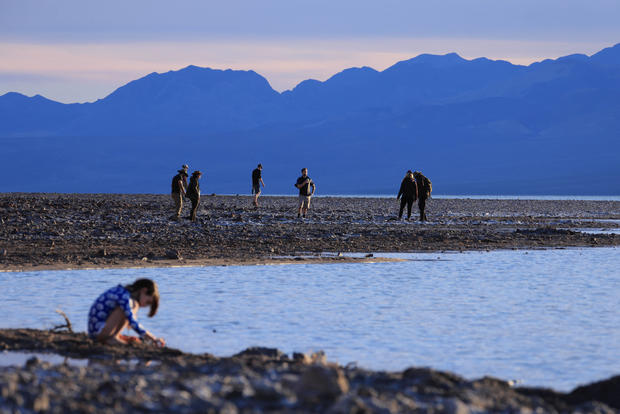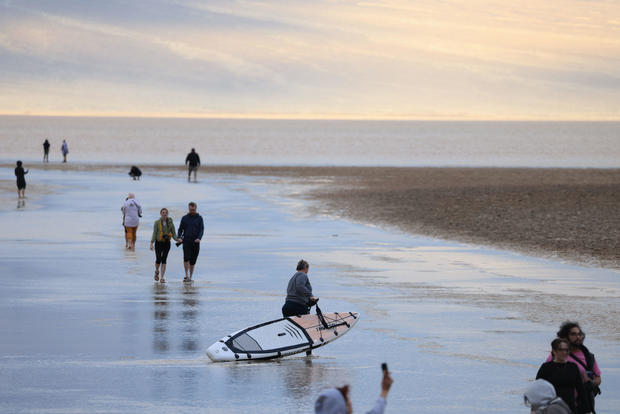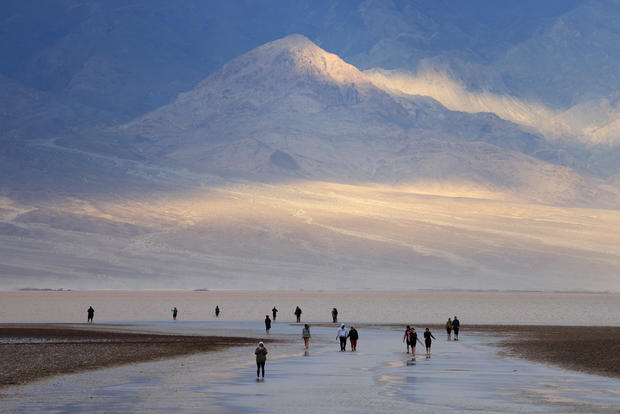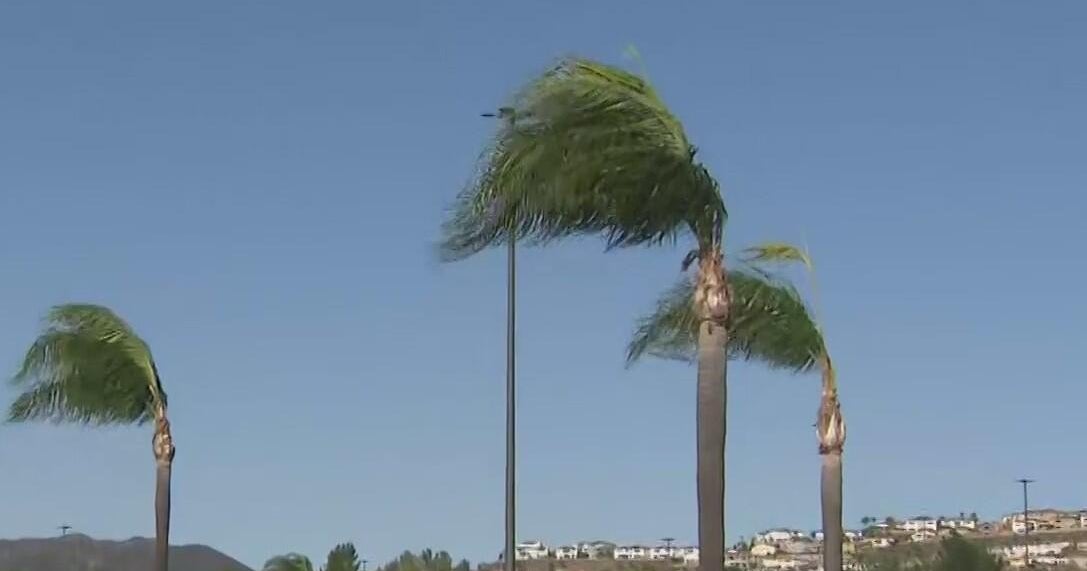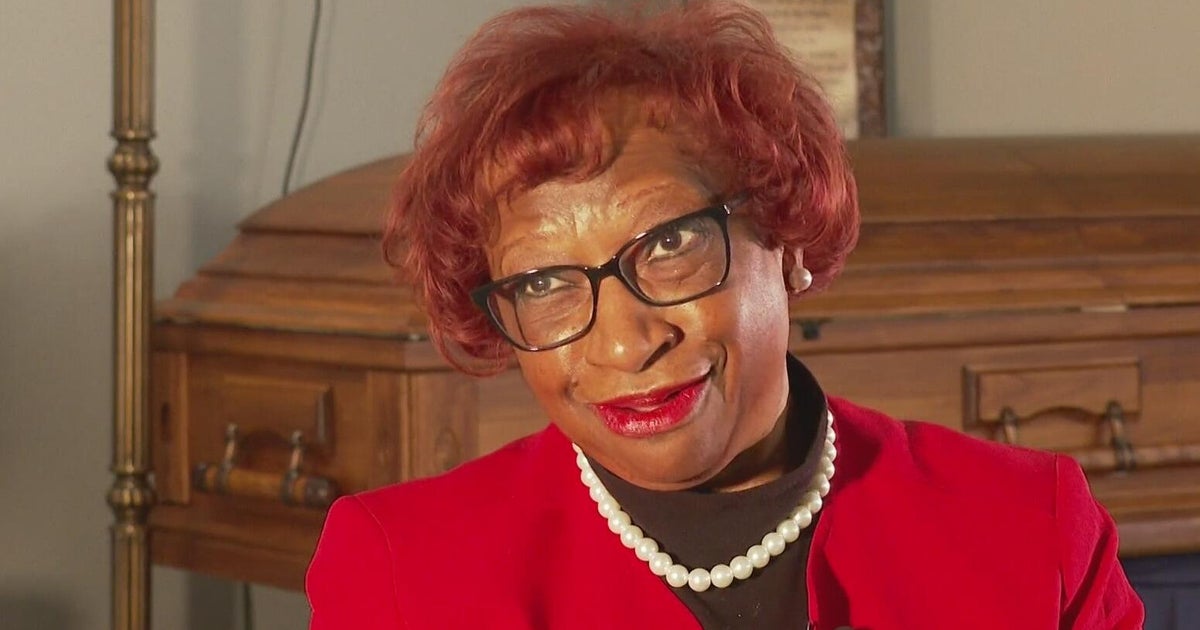Death Valley — the driest place in the U.S. — home to temporary lake after heavy rain
Tourists have flocked to Death Valley, one of the hottest places on Earth and the driest place in the U.S., for an unusual reason this month. Heavy rain lashing California has created a temporary lake in the national park.
Some have kayaked. Others have set up beach chairs. Children have worn bathing suits to enjoy the lake, informally known as Lake Manly. The lake is about 6 miles long, 3 miles wide and a foot deep as of mid-February.
How did the lake form?
Badwater Basin, where the lake formed, lies at the bottom of Death Valley. It's normally a dry salt flat. Heavy rain changed that this year.
There's no drain to the sea from Death Valley, park ranger Abby Wines said. But normally the amount of water flowing into the area is much less than the evaporation rate. Death Valley averages about 2 inches of rain per year, but this year, the valley floor received 4.9 inches of rain in the past six months alone, according to park officials. Surrounding mountains received even greater amounts of rain.
Most of that rain came from the remnants of Hurricane Hilary on Aug. 20, 2023. The lake formed after Hilary. It was 7 miles long, 4 miles wide and 2 feet deep at its largest, park officials said.
The lake gradually shrank in the months after Hilary, according to NASA. Wines said most people at the park thought it would be gone by October, but the lake stuck around and it was filled back up by an atmospheric river event early in February.
"The lake was deep enough to kayak for a few weeks after Hurricane Hilary, but unfortunately people couldn't come enjoy it then," Wines said. "Every road in the park was damaged by flash floods, and it took two months to open the first road into the park."
How long will it be there?
As of mid-February, park officials said the water may only be deep enough for kayaking for a couple of weeks. The water will stick around for months though.
"Past appearances of the lake are rare and offer little insight into the current situation; when a lake formed in 2005, for example, it reportedly lasted about one week," NASA said in a post.
Park officials believe the shallow lake will create beautiful reflections through April. Images captured at Death Valley show the surrounding peaks reflected in the temporary lake.
What's Death Valley usually like?
Death Valley doesn't get a lot of rain, but there are occasional flash floods in the park caused by thunderstorms, according to the National Park Service.
The official hottest temperature in the world was measured on July 10, 1913, when Death Valley reached 134 degrees Fahrenheit, according to Guinness World Records.
Temperatures there last summer, just weeks before Hilary, topped 125 degrees.
While the park brings the heat in the summer, visitors right now can expect more mild temperatures.
